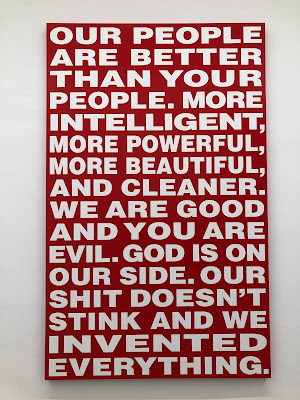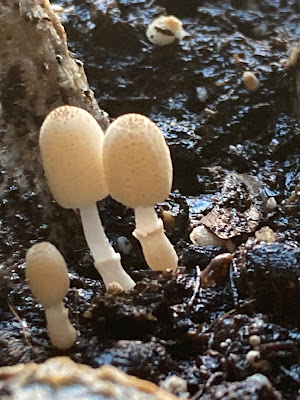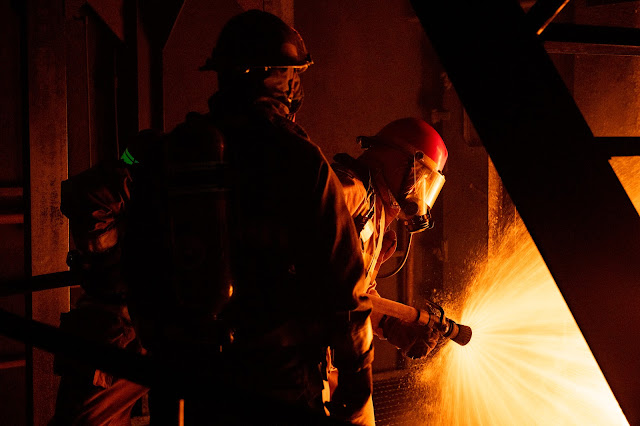 |
| “The Bluest Eye" will be performed as a puppet drama Jan. 28-30 at the DuSable Museum. |
Chicago is a puppet town. Or was. Not only did the word “puppeteer” first see print here in 1915, but perhaps the most influential puppet show in American history, Burr Tillstrom’s “Kukla, Fran and Ollie,” debuted on TV here in 1947. It not only got parents buying televisions en masse, but — my own pet theory — the funny, ad-libbed program helped spawn Chicago’s live improv comedy scene in the 1950s.
Chicago is certainly Puppetville from now until the end of the month, as the 4th Chicago International Puppet Theater Festival takes over, offering 100 performances from 20 local and national companies at more than a dozen locations, from the American Indian Center in Albany Park to the DuSable Museum in Hyde Park.
I’ve always felt an affinity to puppets. When the Festival began in 2015, I threw “Puppetry Week” on my blog, and tried to explain the appeal:
This odd subcellar of culture, part sculpture, part folk art, part vaudeville, also has personal appeal to me. There is a kinship between journalism and puppetry. Both require dedicated craftsmen, albeit in dwindling numbers, practicing a profession that neither thrives nor vanishes, but somehow remains perpetually defunct. Both are rough simulacra of life; both had some legendary moment in the cultural spotlight in the hazy past — Hayden composed puppet operas for the royal court, a popular puppet dinner theater was steps off Michigan Avenue — but now linger on in the margins, practiced by various oddballs and misfits.Puppets are generally seen as comic, Kermit the Frog types. So it can surprise some that puppets are also dramatic, even tragic. Toni Morrison’s “The Bluest Eye” is being performed during the festival. One excerpt I saw in preview: Nick Lehane’s “The Chimpanzee,” to be performed at the Instituto Cervantes of Chicago Jan. 22-24, is a poignant, almost heartbreaking work about a chimp who once lived with a family, now mournfully remembering happier times, a captivity that strikes a chord in our COVID-19 locked-down world.
“When we see puppets, we see ourselves in the puppets’ experience,” said Chicago puppeteer Blair Thomas, the festival founder and artistic director. “When we are caught up in the suffering of the pandemic, the puppet world is not caught up in that, but reflecting back, a mirror to us.”
Last year Thomas didn’t consider holding the festival. Why risk it this year?
To continue reading, click here.









